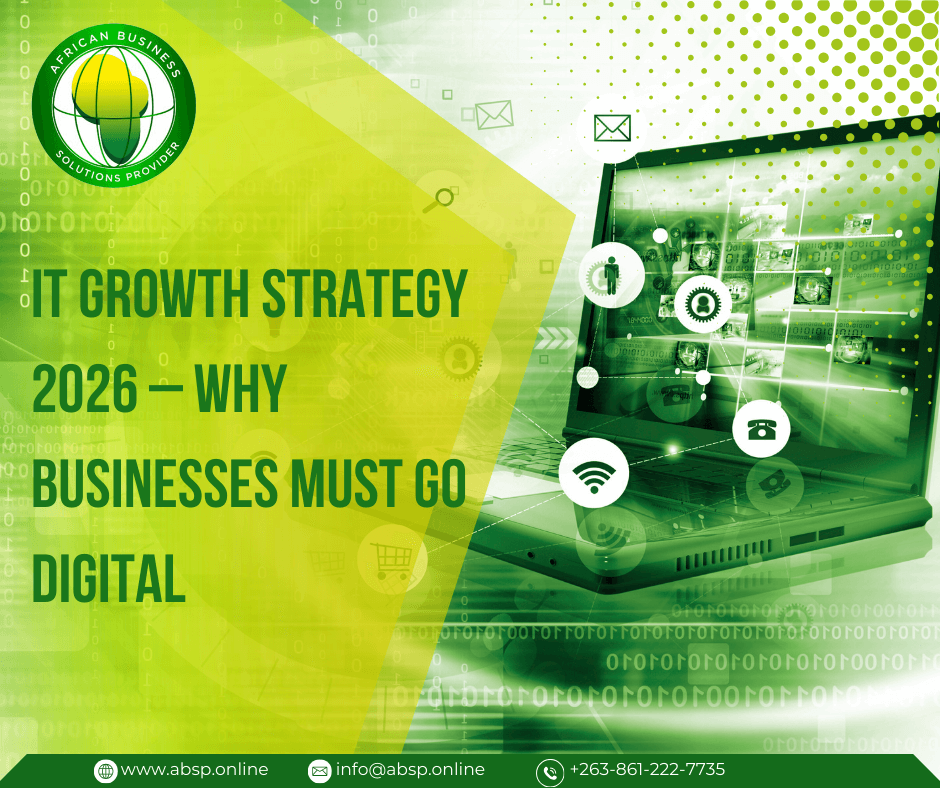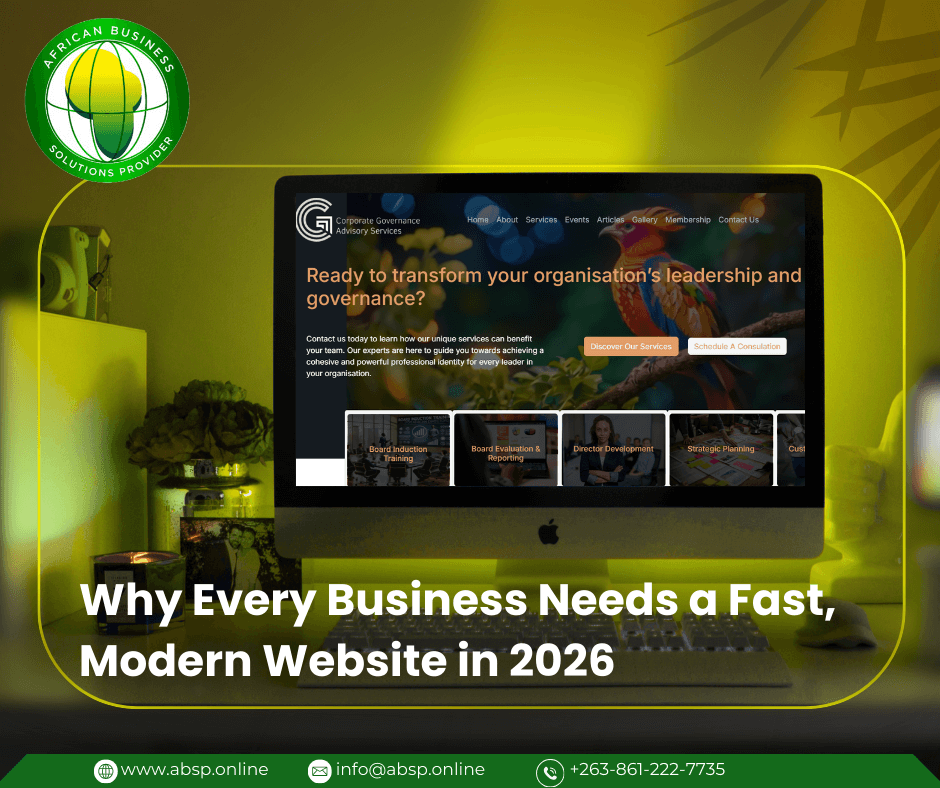The Risk of Digital Silence: Can AI Truly Understand Africa?
Introduction
Artificial Intelligence (AI) is shaping decisions in hiring, credit scoring, healthcare, and even governance, but there’s a growing fear that global AI systems often fail to understand African voices, literally and figuratively. From misinterpreting African languages and accents to ignoring cultural contexts, the risk is that AI could reinforce existing inequalities rather than solve them.
At African Business Solutions Provider (ABSP), we believe the future of AI in Africa depends on one thing: making sure African data, languages, and contexts are part of the algorithms that will govern our lives.
1. How Global AI Gets Africa Wrong
AI systems are only as good as the data they’re trained on. Unfortunately, most datasets are heavily skewed towards Western languages, accents, and cultural assumptions.
Voice Recognition Gaps: Studies show that major speech-to-text systems from Big Tech companies have error rates up to twice as high for non-native English speakers compared to native ones (Stanford HAI, 2023). Many African accents are misclassified or misunderstood.
Language Underrepresentation: Africa is home to over 2,000 languages, yet fewer than 100 appear in most global AI language models (Carnegie Endowment, 2024).
Cultural Context: Algorithms often miss nuances in African communication, from idioms to naming conventions, leading to misinterpretation in areas like credit risk scoring or fraud detection.
2. The Risks of Biased AI for Africa
When AI misinterprets African voices and data, the impact is real and damaging:
Hiring Discrimination: Automated CV screening systems may undervalue local universities or miss African work experience, leading to unfair job rejection.
Credit Exclusion: AI-driven lending models might label borrowers “high-risk” due to lack of traditional financial history, even when mobile money records suggest reliability.
Healthcare Misdiagnosis: AI tools trained on Western medical data often underperform on African patients, increasing the risk of misdiagnosis (Nature Medicine, 2022).
Digital Colonialism: When Africa relies on imported AI without local adaptation, we risk deepening dependence instead of building digital independence.
3. Local Solutions: Training AI on African Datasets
The solution isn’t rejecting AI, it’s Africanizing it.
Language Models for Africa: Projects like Masakhane are training AI models on African languages to ensure inclusivity.
Culturally Grounded AI: Healthcare startups like mPharma are building AI tools adapted to African health records.
Policy & Regulation: The African Union’s AI Strategy (2024) emphasizes ethical, locally relevant AI.
4. The Path Forward: Collaboration and Empowerment
The fear of AI bias doesn’t mean Africa should step back from AI adoption—it means we must step in with confidence.
Action points for businesses and governments:
- Invest in local AI training datasets that reflect African realities.
- Demand transparency from global AI vendors about bias and testing.
- Collaborate regionally to scale solutions across the continent.
- Empower SMEs to use AI responsibly with access to affordable, African-tuned tools.
Conclusion
If Africa’s voices aren’t heard in global algorithms, our people risk being excluded from the digital economy of tomorrow. But with investment, collaboration, and solutions like those ABSP is pioneering, we can make AI a force for empowerment, not exclusion.
The real question isn’t whether AI can understand Africa, it’s whether Africa will insist on being part of the conversation that shapes AI.
#AIBias #AIethics #InclusionInTech #DataJustice #AfricanInnovation #VoiceForAfrica #TechForGood #AI #MachineLearning #TechnologyForAll #DiversityAndInclusion #FairAI #ResponsibleAI #DigitalAfrica #EthicalAI
Recent Posts

Companies that delay or resist digital adoption risk losing relevance, customers, and revenue.

In 2026, social media is no longer optional for businesses — it’s essential.

In 2026, having a website is no longer optional — but having a fast, modern website is what separates successful businesses from digital failures.
Comments
John Doe
January 26 2021
Lorem ipsum dolor sit amet, consectetur adipisicing elit. Architecto aspernatur cupiditate dolore laudantium magni maiore minus odit optio perspiciatis qui, rem sit unde? Aliquid dolor, eaque eligendi minus quis sequi?
John Doe
January 26 2021
Lorem ipsum dolor sit amet, consectetur adipisicing elit. Architecto aspernatur cupiditate dolore laudantium magni maiore minus odit optio perspiciatis qui, rem sit unde? Aliquid dolor, eaque eligendi minus quis sequi?